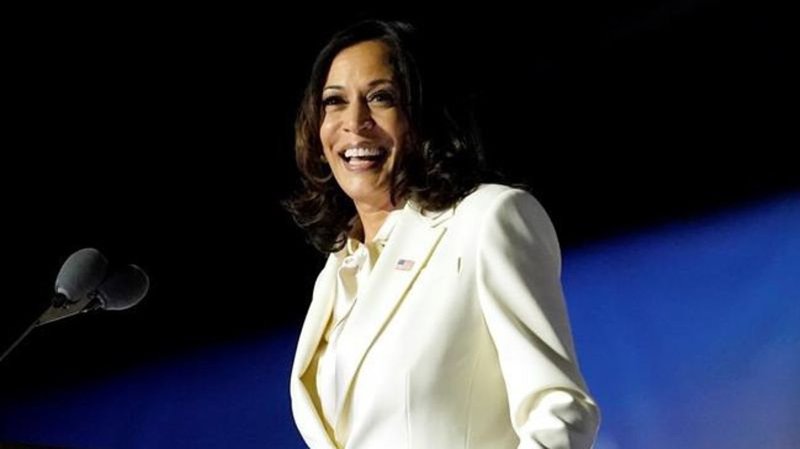
Harris inspiring young Black Canadians toward politics: MPs
OTTAWA — The election of Kamala Harris as vice-president of the United States will inspire more young Black women in Canada to engage in politics and run for office, says Velma Morgan, a Black Canadian activist based in Toronto.
Harris’s father was born in Jamaica, her mother in India. She is the first woman and the first Black or South Asian person elected to the vice-presidency.
Through Morgan’s work as the chair of Operation Black Vote, a not-for-profit, multi-partisan organization that aims to get more Black people elected at all levels of government, she supported Annamie Paul in her bid for the Green party leadership.
“The combination of those two (Harris and Paul), young girls are seeing themselves,” Morgan said in an interview.


